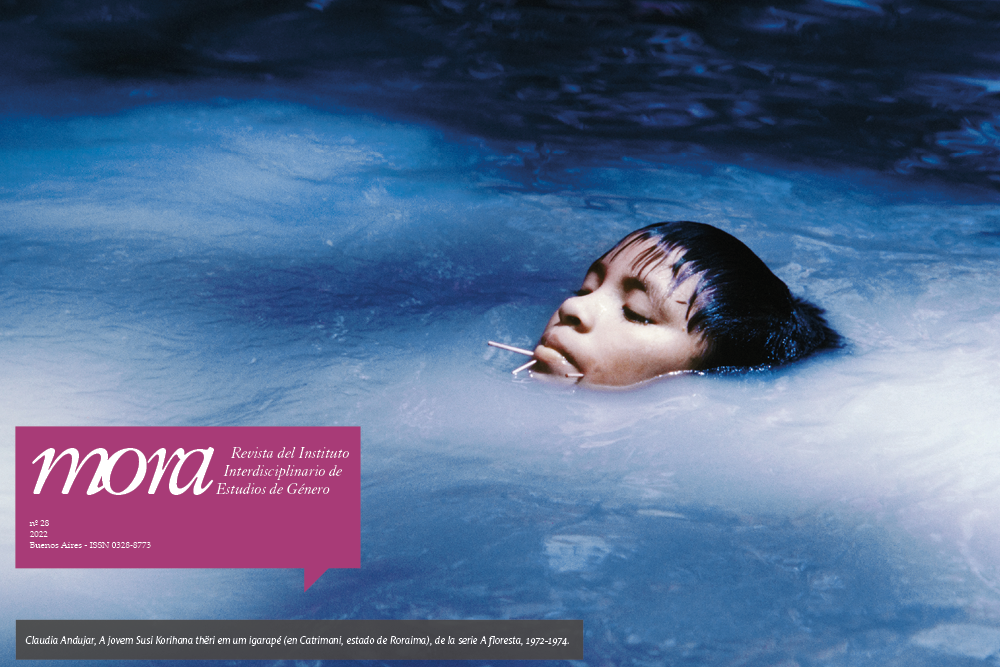“¿Por qué te mueves así?”: determinismo racial y moralidad sexual femenina en el Río de Janeiro de finales del siglo XIX
Keywords:
scientific racism, female morality, 19th century, theater, Rio de Janeiro.
Abstract
This paper focuses on the debates of racial determinism and female morality present in Rio de Janeiro at the end of the 19th century. The goal is to demonstrate, in the first place, how, throughout the second half of the 19th century, the mulata figure was gradually associated with sensuality, both in formal racial debates and in theater, in a dialectical relationship. Afterwards, we will contest the idea that this association was seen as something necessarily negative. This study is based on the analysis of Benvinda, a character classified as mulata in the play A Capital Federal, written by Arthur Azevedo in 1897. Crossing information from the dramaturgical text and newspapers of the time, the article shows how the performance of actresses and the reception of this character would enhance the sensuality of the mulata. And this was a way through which women of color gained prominence and strength - on and off the stage.Downloads
Download data is not yet available.
Published
2022-12-20
How to Cite
Lanzarini, J. (2022). “¿Por qué te mueves así?”: determinismo racial y moralidad sexual femenina en el Río de Janeiro de finales del siglo XIX. Mora, (28). https://doi.org/10.34096/mora.n28.12399
Issue
Section
Dossier: Armonías y ritmos inesperados: historias de raza y género





1.png)




